Last week, Seoul Dynasty owner Gen.G opened up its South Korean headquarters—a seven story building dedicated to the training and well-being of its many players. It’s a move away from a traditional esports setup, where players live and work in the same space. But it’s just one part of the organization’s commitment to player growth across all its games, a plan that’s adding player access to sports psychologists and a player mentor in NBA championship winner Chris Bosh.
The commitment expands everywhere from Los Angeles, where its Overwatch League team plays, to Seoul, where the headquarters is. Gen.G announced its Overwatch League academy team in early November, a roster that’ll be based out of the new headquarters. The team is an embodiment of Gen.G’s player-first promise: a spattering of new players—players from the ladder and lesser established Overwatch teams—that will grow with the organization with help from industry veterans, like former StarCraft pro Moon “MMA” Sung-woon.
“Our goal is to graduate as many players and coaches into the professional Overwatch League as possible,” Gen.G chief growth officer Arnold Hur told Dot Esports. “The playstyle and meta of Overwatch League is very different from Contenders. What’s nice is that players in our team get a head start in playing a more professional system like that of the Overwatch League as well as getting early training on PR, marketing, and even working with sponsors.”
Related: Seoul Dynasty signs Overwatch Contenders season three roster
The players on Seoul Dynasty’s academy team are young, without much professional experience. It’s a combination that’s proven problematic elsewhere in Overwatch’s young lifespan: multiple players have been punished for bad behavior, and burnout’s been an issue across the board. Players will be taught a healthy work-life balance, creating a balance between work and play. Separating the two has been a challenge in esports; how do you draw a line when work is play? Creating an office environment to commute to helps draw boundaries—time for work and time off.
With Moon’s guidance, the Contenders team will learn to work through these problems—a structure the organization thinks will create not only healthy players, but winning teams.
Moon’s played StarCraft since 2008 with iconic teams like SK Telecom T1 and SlayerS, but made the switch to Overwatch this year. His importance in the StarCraft scene can’t be understated; he’s won the biggest StarCraft 2 tournaments and played with game-defining players like Lim “BoxeR” Yo Hwan.
“[The players] don’t know with what kind of mindset they should prepare for games, or how to communicate with fellow teammates,” Moon told Dot Esports. “In players’ perspective, it would be much easier to focus on the games if there is someone who is guiding them. Based on my pro-gamer experiences of having played with various teams, I am helping players to create a positive teamwork.”
Despite both being Blizzard esports, Overwatch and StarCraft are entirely different games. But there are threads to be pulled in both. Moon said there’s similarity in attack and counter-attacking strategy of both games, but the big continuity is in mindset. “The part of having to maintain concentration and to continue reading the opponents’ move until the very end of the game is similar in [Overwatch and StarCraft].”
Being able to practice as if they were playing is essential. A competitive game isn’t the same as a ladder game, and most players don’t get the kind of training they need to succeed on a large stage. They’re just thrown into it. Hur said Gen.G has already been hosting scrimmages with Contenders and League teams—all earlier than others were able to, he said. “That’s a huge advantage to be able to do that,” Hur added.
Gen.G will continue its expansion into Los Angeles for the Overwatch League’s 2019 season, according to Hur. “We will be building a Los Angeles HQ to support our efforts with our US esports teams so the Seoul Dynasty team will be able to use that before they return home in 2020,” he said.
The Overwatch League is based in Los Angeles for at least another year. In season one, Blizzard provided practice space for each of the 12 teams—but a dedicated space just for Seoul Dynasty players is certainly preferred. Ahead of the Overwatch League’s second season, though, is Contenders’ last season of 2019. Gen.G has automatically qualified, and that’s where the system will be tested..
There is more systematic support in Korea’s Contenders scene than elsewhere in the world, with most teams attached to endemic brands, but Gen.G is the only Overwatch League academy team. The region’s Contenders kick-off is scheduled for Nov. 24. The Overwatch League is still months away, slated for a Feb. 14 start in Los Angeles. The team’s expected to spend time in Korea before heading back to the Blizzard Arena, a good mentorship opportunity for the Contenders players.


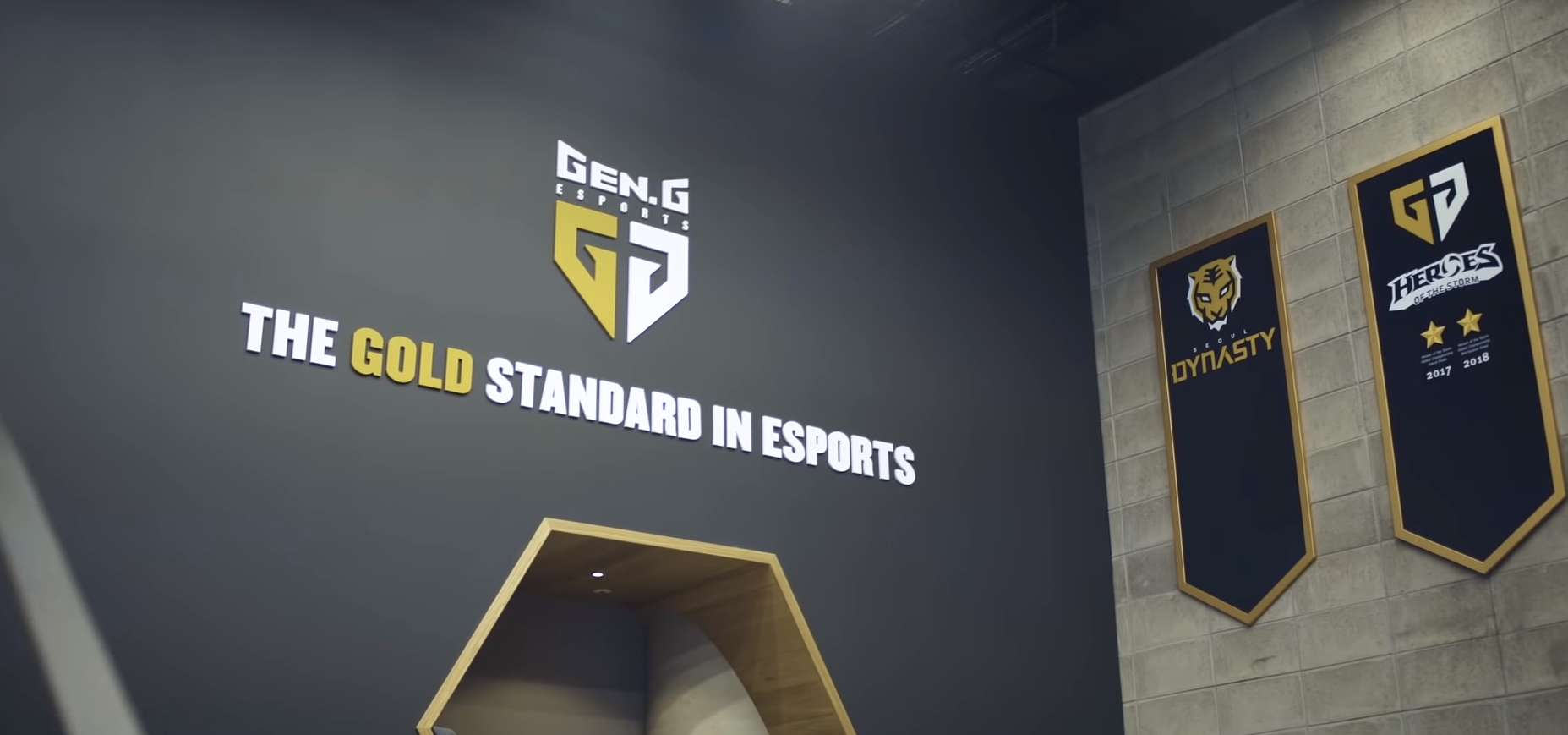
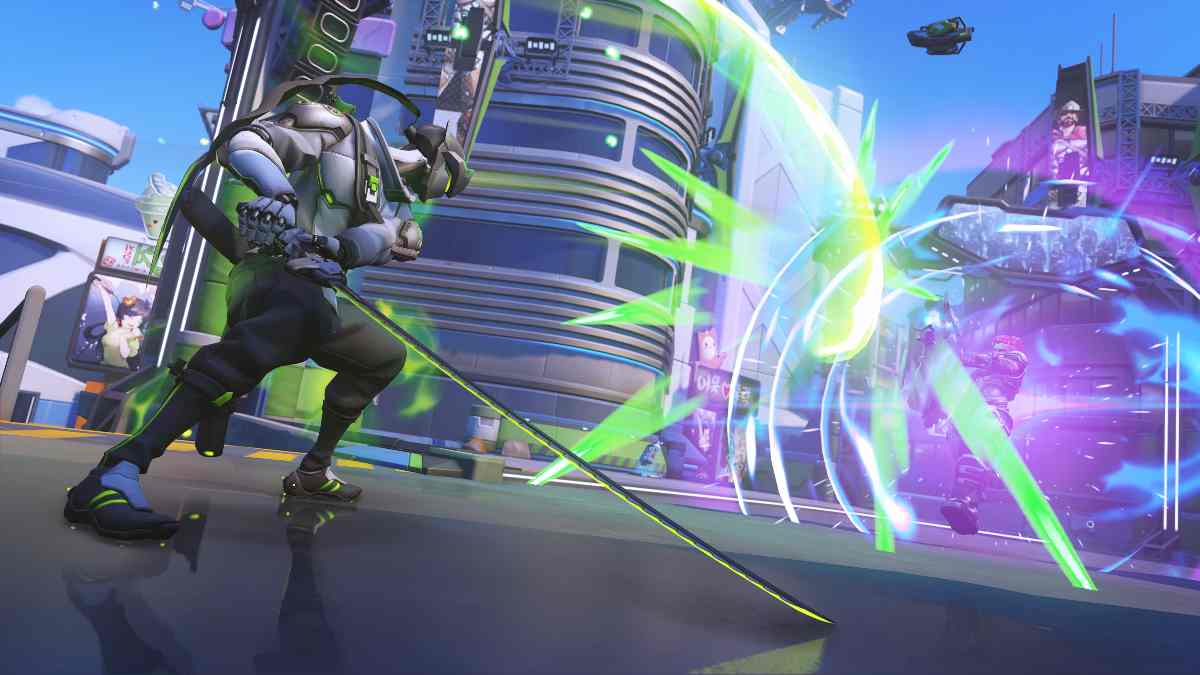
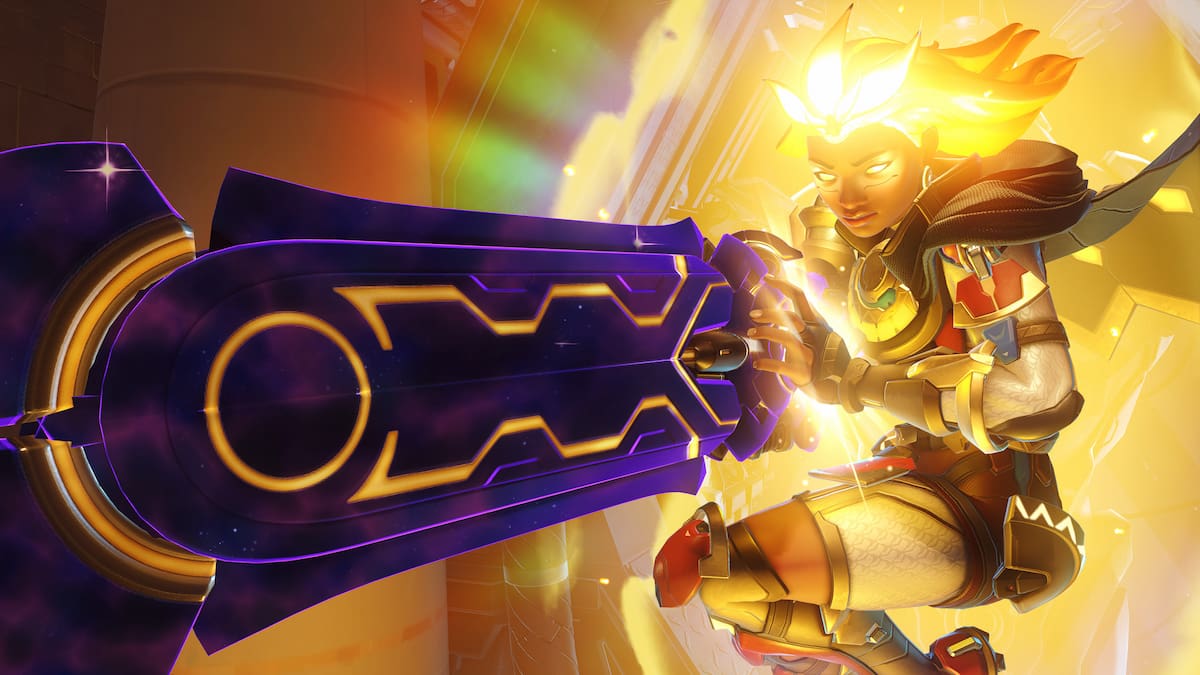
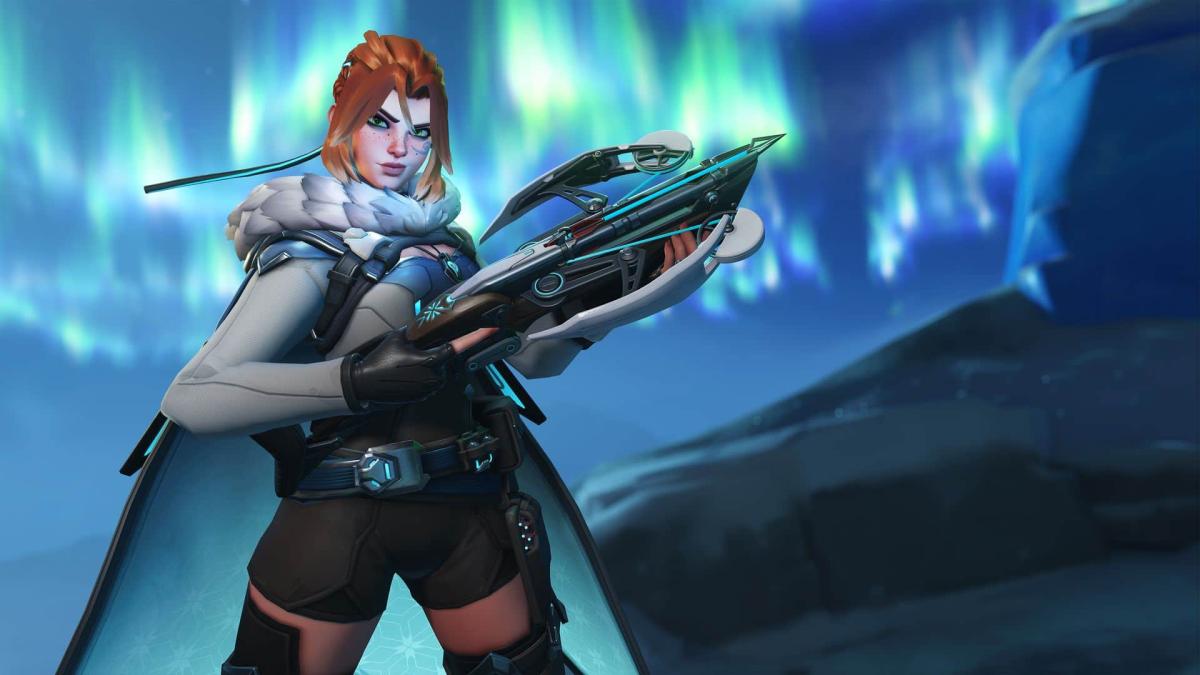
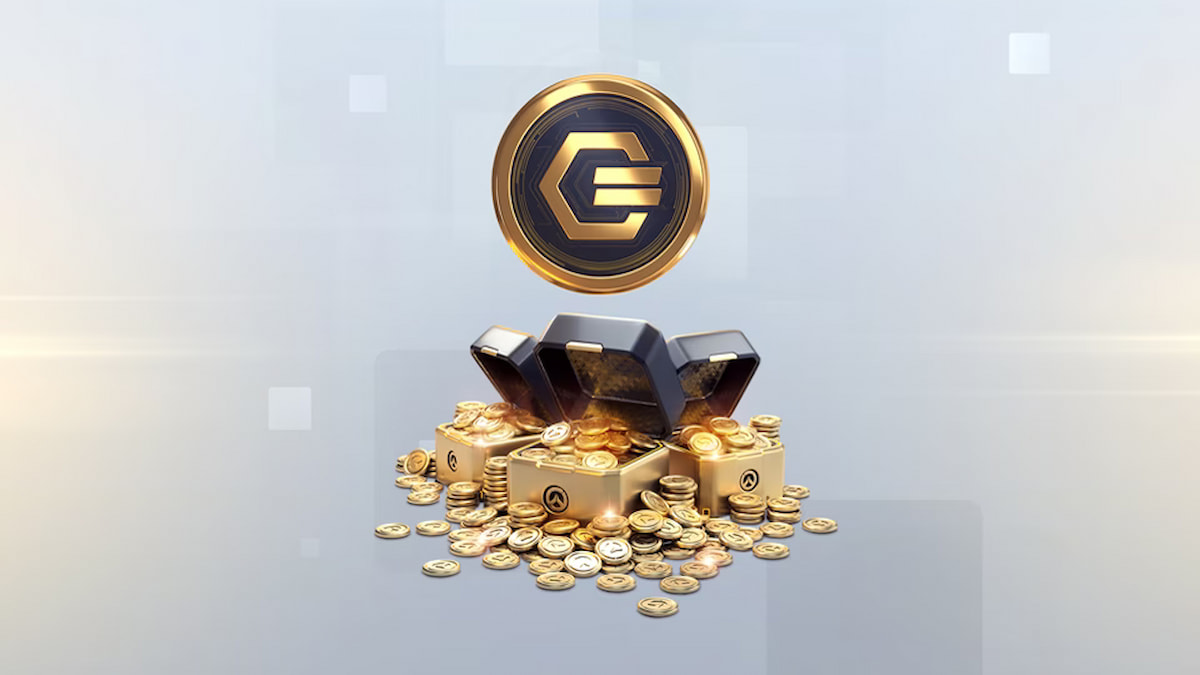
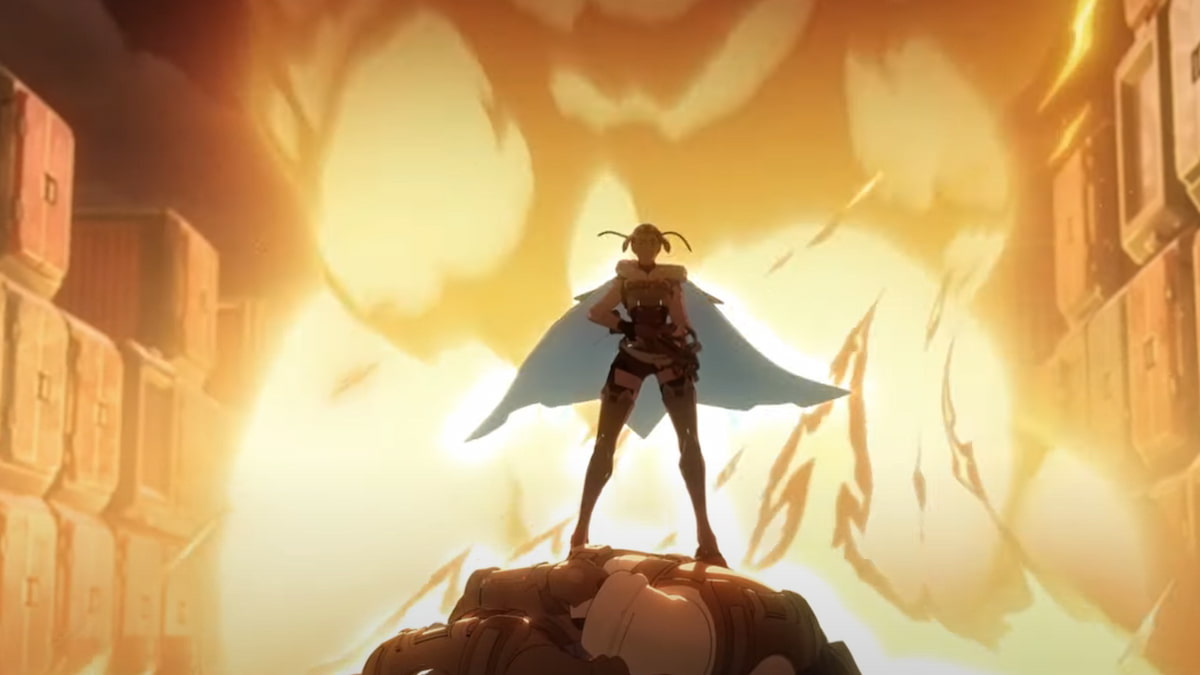
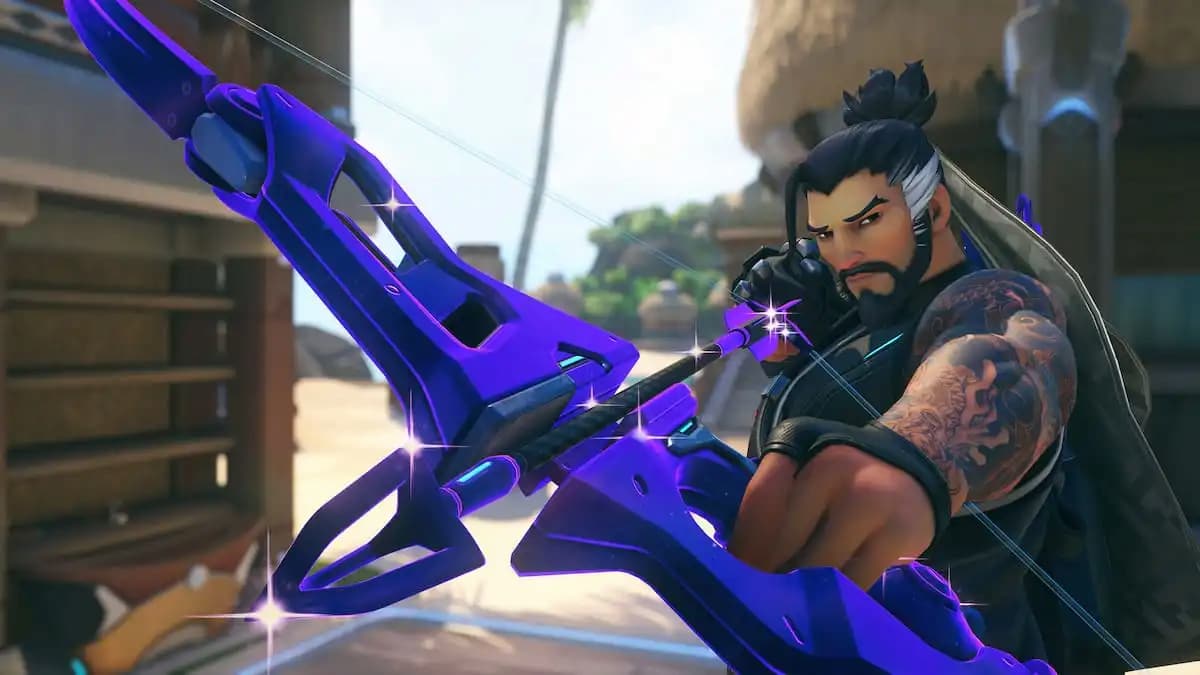
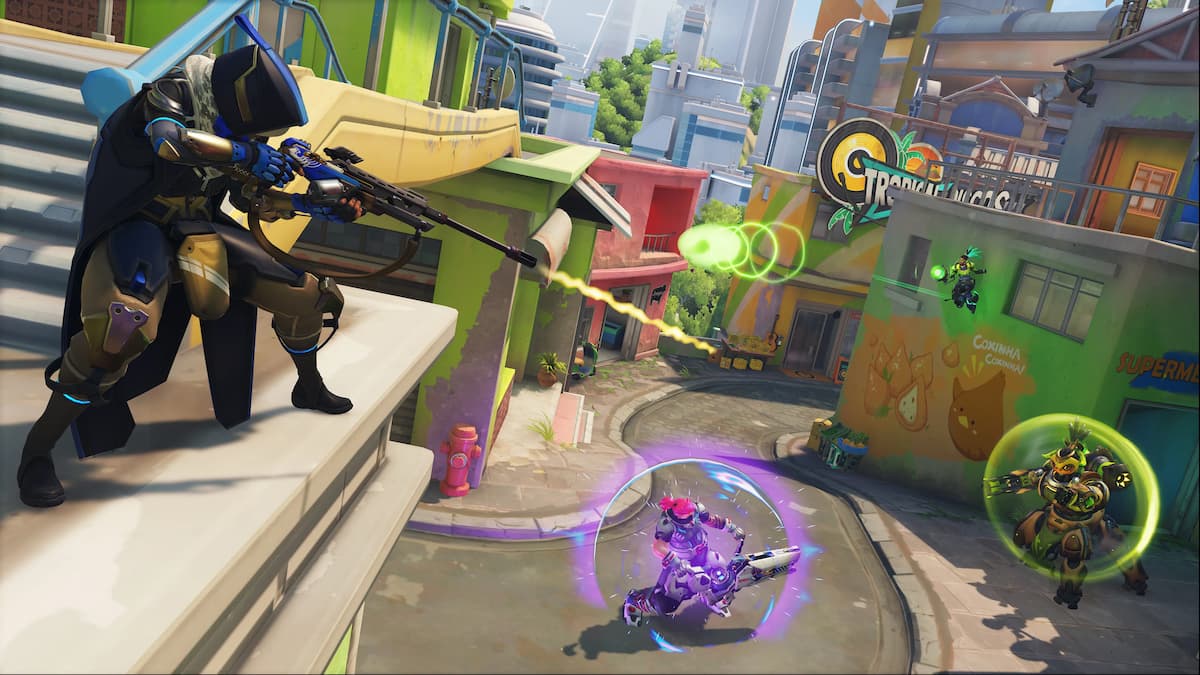
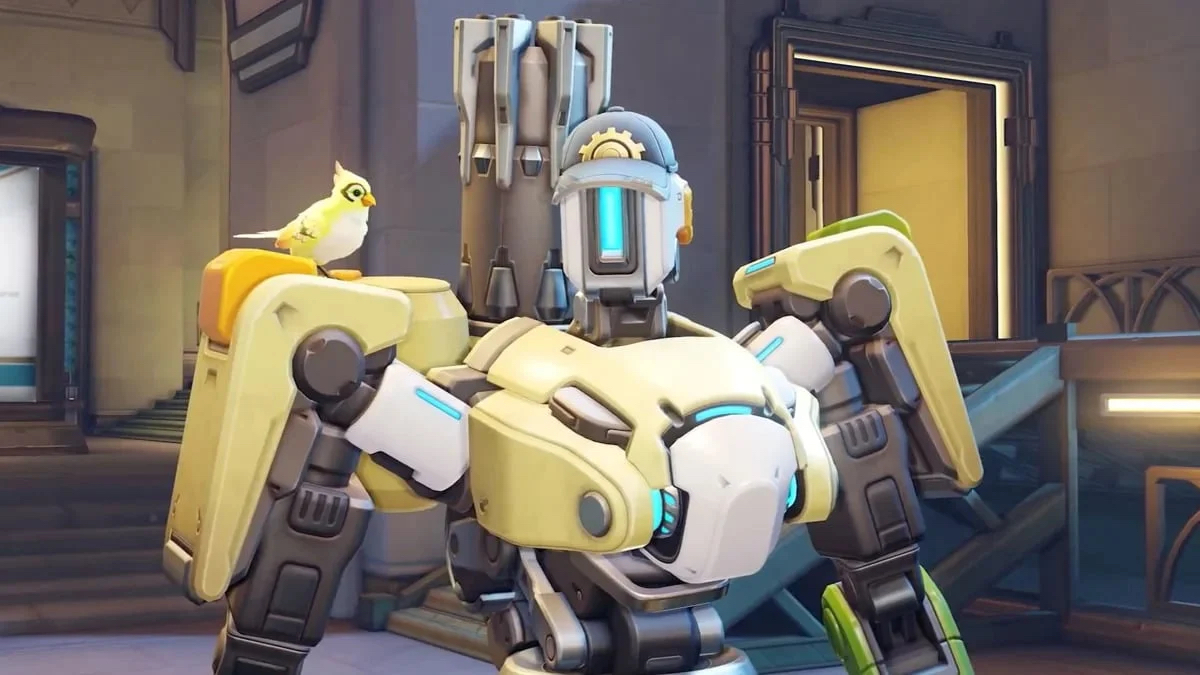
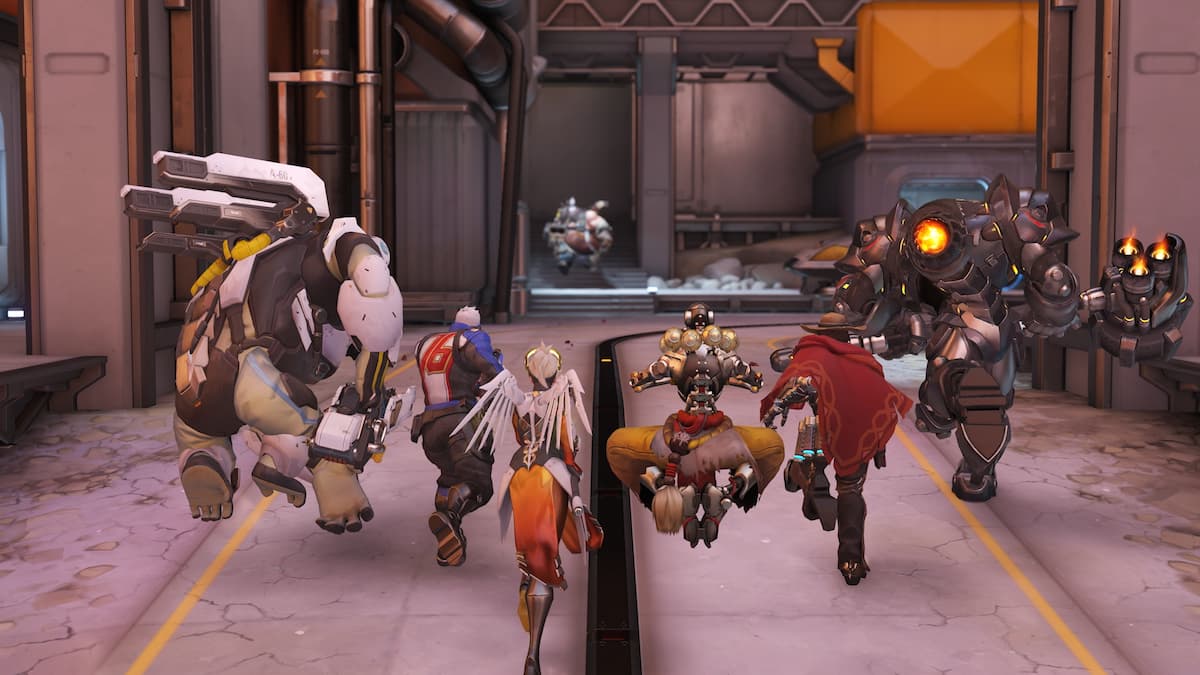
Published: Nov 13, 2018 10:11 am